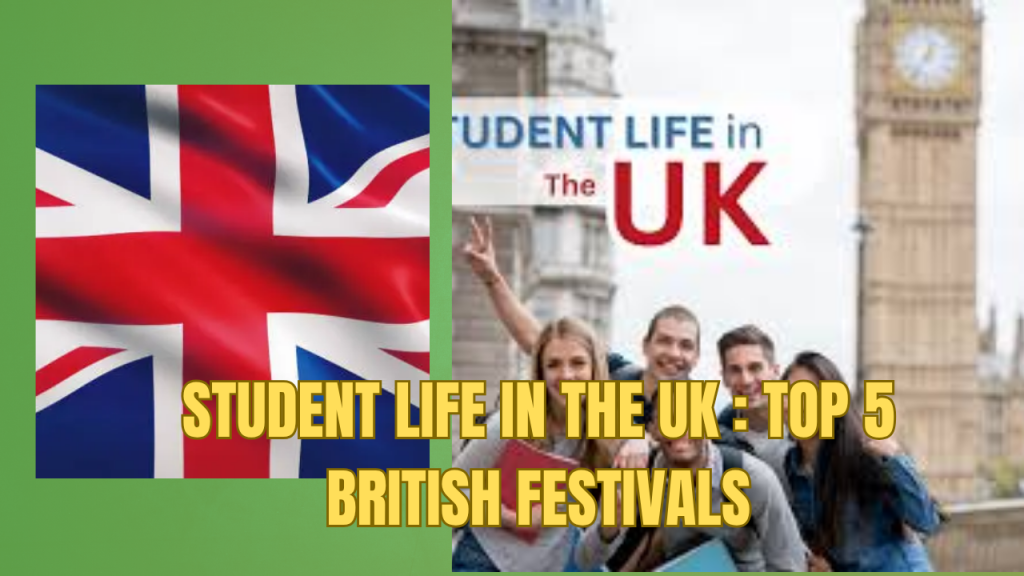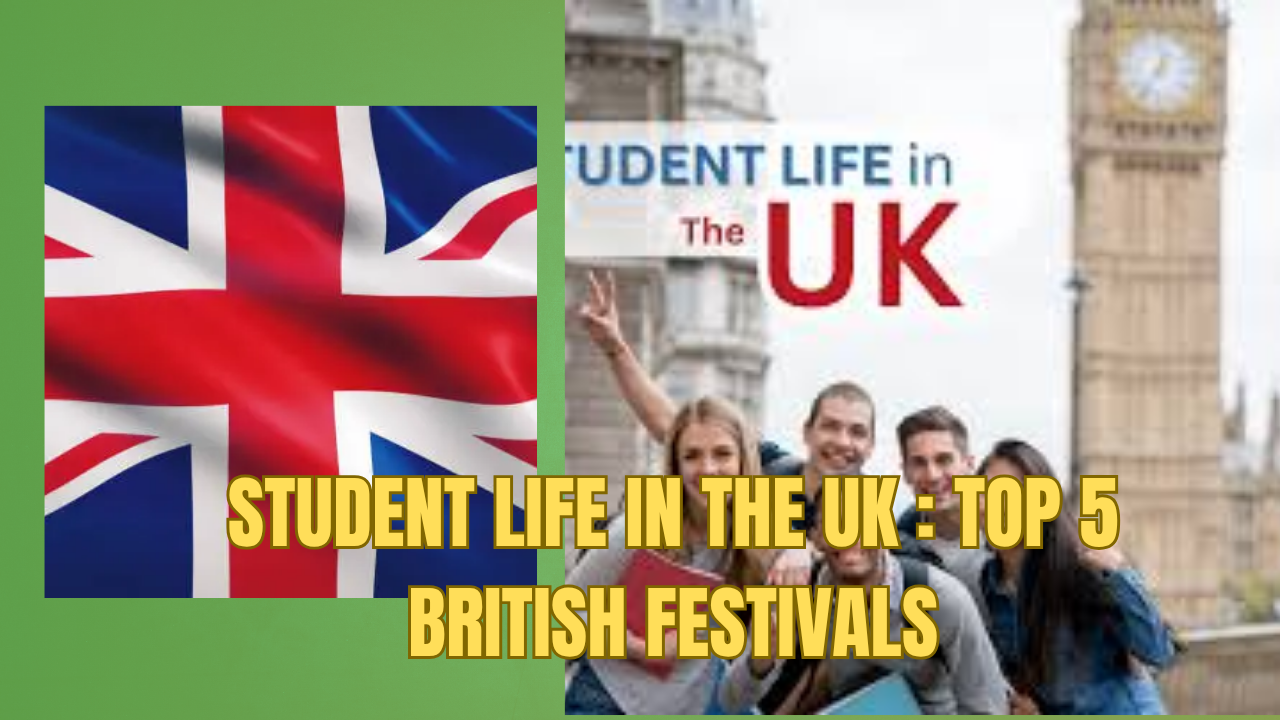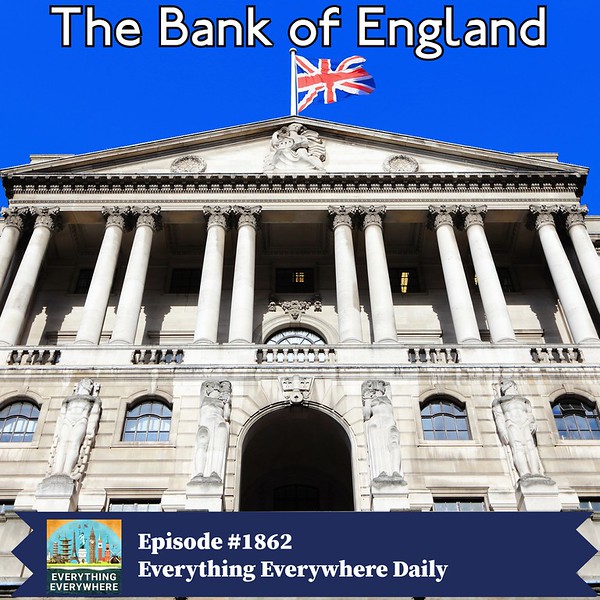Studying in the UK gives you a great chance to experience British culture and traditions. You can meet new people, try new foods, explore different cities, and enjoy a variety of festivals that might not be part of your own country‘s celebrations.
While there are many traditions and festivals in the UK, here are some of the oldest and most popular ones that you can take part in while studying: Student life in the UK
Recommend: Three vs EE vs O2 vs Vodafone: Which UK Mobile Network is Best
The top 5 British festivals
Halloween
So what is Halloween?
It’s also known as All Saints’ Eve and is celebrated on October 31st in many countries. It’s a time to honor religious saints and remember the dead.
The tradition goes back to an ancient Celtic festival where people lit bonfires and wore costumes to scare away spirits.
In the 8th century, Pope Gregory III chose November 1st to honor the saints.
Over time, Halloween became more of a fun and spooky celebration.
Kids and young adults love it and take part in activities like trick-or-treating, carving pumpkins, watching horror movies, and dressing up in costumes like vampires, witches, or zombies. They also go to fancy dress parties.
As a university student, there are lots of ways to join in.
Many universities have Halloween parties on the 31st. If you don’t like dressing up, cinemas often show horror films as an alternative.
Bonfire Night
Bonfire Night is also called Guy Fawkes’ Night and happens on November 5th every year.
It marks the anniversary of the Gunpowder Plot of 1605.
Guy Fawkes was a Catholic who wanted to stop the King from punishing Catholics.
He planned to blow up Westminster Palace while the King and Parliament were inside. But the plan failed, and he was caught.
When people in London found out the King was safe, they lit bonfires to celebrate.
King James I then declared November 5th a day of thanksgiving for the plot‘s failure.
Today, people celebrate with bonfires, fireworks, sparklers, and toffee apples.
You can join organized outdoor events with bonfires and fireworks in cities and public spaces. Don’t forget to dress warmly, as it’s usually cold in November.
Christmas
Christmas is an annual religious festival celebrating the birth of Jesus on December 25th.
However, both religious and non–religious people in the UK enjoy the holiday.
Christmas Day on the 25th is the main event, but people also celebrate Christmas Eve on the 24th and Boxing Day on the 26th.
Recommend: Best SIM Deals UK How To Save Money On Data SIM
There are many British Christmas traditions, like eating turkey, hanging decorations and stockings, pulling crackers, eating mince pies, giving gifts, and watching the Queen’s televised speech on Christmas Day.
If you want to experience Christmas, there are plenty of options in the UK.
Many pubs and restaurants offer traditional Christmas meals, and cities have Christmas markets where you can try mulled wine and buy gifts. It’s a magical time of year!
New Year’s Eve
Just after Christmas, people around the world, including in the UK, celebrate New Year’s Eve on December 31st.
It’s the last day of the year before New Year’s Day, which starts a new calendar year.
This festival has been celebrated for centuries.
It’s a time when people welcome in the new year. At midnight, people light fireworks and firecrackers, and enjoy food and drink. Some families sing “Auld Lang Syne,” a Scottish song that means “long, long ago,” as a way to say goodbye to the old year.
Cities and towns across the UK host fireworks displays, parties, and other events.
If you want to join in, you can look for an event near you. You can also watch the BBC or another major TV channel from home, where they broadcast live performances, interviews with celebrities, and the countdown to midnight.
Recommend: UK vs Europe for Pakistani Students: Which is Better? (Visa, Jobs, Fees)
Easter
The end of winter and the start of spring are celebrated in many countries, and the UK is no exception.
In the UK, Easter is a week of celebrations for both religious and non–religious people.
Easter begins with Palm Sunday, which marks the start of Holy Week.
This week includes Good Friday, a public holiday, Easter Sunday, and ends with Easter Monday, also a public holiday. Easter Sunday’s date changes every year—this year it’s on April 17th.
Today, Easter is a time for families to get together and eat a traditional roast dinner.
Some people decorate the table with painted eggs, little yellow chicks, bunnies, and spring flowers like daffodils, white lilies, and tulips. It’s also traditional to buy chocolate eggs from supermarkets or chocolatiers.
If you’re interested in celebrating Easter in the UK, you can book an Easter roast dinner at most pubs and restaurants, buy chocolate eggs, or take part in Easter egg hunts.
In London, for example, there’s an event where you search for chocolate eggs around the city.
Recommend: UK New E-Visa for Pakistani Students and Workers? No Documents Needed
Study in the UK
The opportunity to study in another country is an invaluable experience. If you choose the UK as a study destination, not only will you improve your English, you’ll also learn about UK culture, celebrate British traditions, and make some memories that will last a lifetime!
If you’re interested in experiencing life as a student in the UK, PTE Academic may just be what you need. This test is recognized as an official language certificate that can be used for UK visas to access 99% of British universities.
The Author of SoftDoze.com is dedicated to providing readers with the latest insights and updates across various topics. With a focus on delivering accurate and timely information, the author ensures that each article meets the site's standards of quality and relevance. Through meticulous research and a commitment to excellence, the admin contributes to the site's mission of keeping readers informed and engaged.



